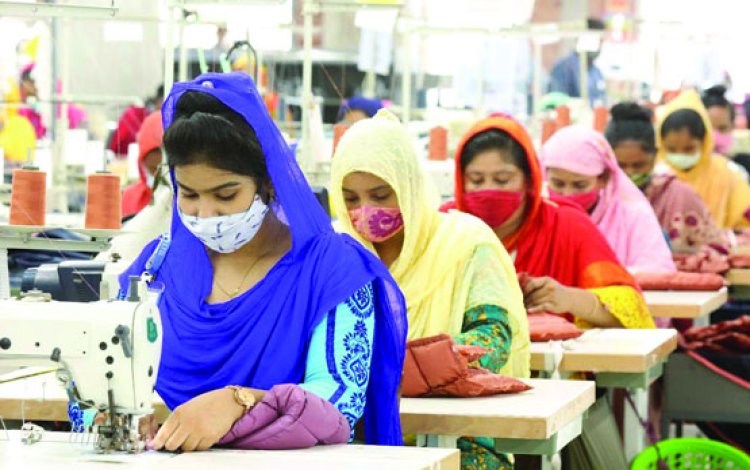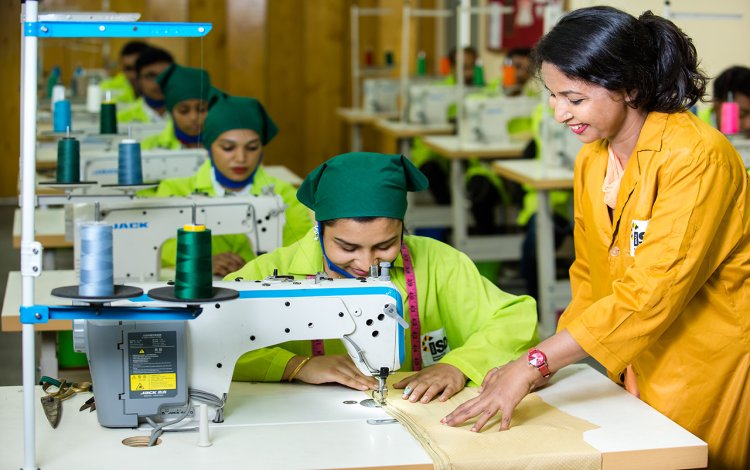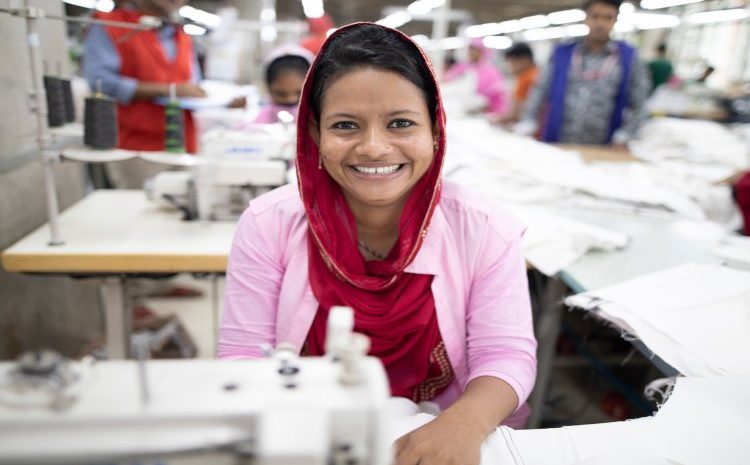Weaving Dreams, Crafting Trends: The Powerhouse of the RMG Sector
The ready-made garments (RMG) sector is the powerhouse of Bangladesh’s economy. It accounts for over 80% of the country’s exports and employs millions of people, mostly women.
The RMG sector has come a long way since its humble beginnings in the 1970s. Today, Bangladesh is the world’s second-largest exporter of RMG, after China. The sector has helped to lift millions of people out of poverty and has made Bangladesh a major player in the global economy.
The RMG sector is also a major source of employment for women. Over 80% of the workforce in the RMG sector is female. This has helped to empower women and give them a voice in society.
The RMG sector is facing some challenges, however. One challenge is rising wages. As wages have increased, some factories have moved to countries with lower labor costs. Another challenge is the need to improve working conditions in the RMG factories.
Despite these challenges, the RMG sector remains a major driver of Bangladesh’s economy and a source of hope for millions of people.
Here are some additional details that you can add to your blog post:
- The RMG sector has helped to reduce poverty in Bangladesh. According to the World Bank, the poverty rate in Bangladesh has fallen from 48% in 1991 to 20% in 2019.
- The RMG sector has also helped to improve gender equality in Bangladesh. Women now make up over half of the workforce in the RMG sector, and they have benefited from increased wages and better working conditions.
- The RMG sector is facing some challenges, but it remains a major driver of Bangladesh’s economy. The sector is expected to continue to grow in the coming years, creating more jobs and opportunities for Bangladeshis.

The RMG sector in Bangladesh:
- The RMG sector started in Bangladesh in the 1970s with a few small factories. Today, there are over 4,000 RMG factories in Bangladesh, employing over 4 million people.
- The RMG sector exports garments to over 200 countries around the world. The top export destinations for Bangladeshi garments are the United States, the European Union, and the United Kingdom.
- The RMG sector is a major source of foreign exchange for Bangladesh. In 2022, the RMG sector earned over $42 billion in export revenue, which accounted for over 80% of Bangladesh’s total export earnings.
- The RMG sector is a major source of employment for women in Bangladesh. Over 80% of the workforce in the RMG sector is female. This has helped to empower women and give them a voice in society.
- The RMG sector is facing some challenges, such as rising wages and the need to improve working conditions. However, the sector remains a major driver of Bangladesh’s economy and a source of hope for millions of people.

Here are some specific examples of how the RMG sector has helped to improve the lives of Bangladeshis:
- The RMG sector has helped to reduce poverty in Bangladesh. According to the World Bank, the poverty rate in Bangladesh has fallen from 48% in 1991 to 20% in 2019. This is partly due to the growth of the RMG sector, which has created millions of jobs and lifted millions of people out of poverty.
- The RMG sector has also helped to improve gender equality in Bangladesh. Women now make up over half of the workforce in the RMG sector, and they have benefited from increased wages and better working conditions. This has helped to empower women and give them a voice in society.
- The RMG sector has also helped to improve the infrastructure of Bangladesh. The government has invested heavily in roads, bridges, and other infrastructure to support the growth of the RMG sector. This has benefited the entire country by making it easier to transport goods and people.
The RMG sector is a major driver of Bangladesh’s economy and a source of hope for millions of people. It has helped to reduce poverty, improve gender equality, and improve the infrastructure of Bangladesh. The sector is facing some challenges, but it remains an important part of Bangladesh’s future.
Writer
Syed Samin Yasar
Intern, Content Writing Department
Requin BD





1 Comments
Fariha Zannat
September 14, 2023
Such an informative blog!